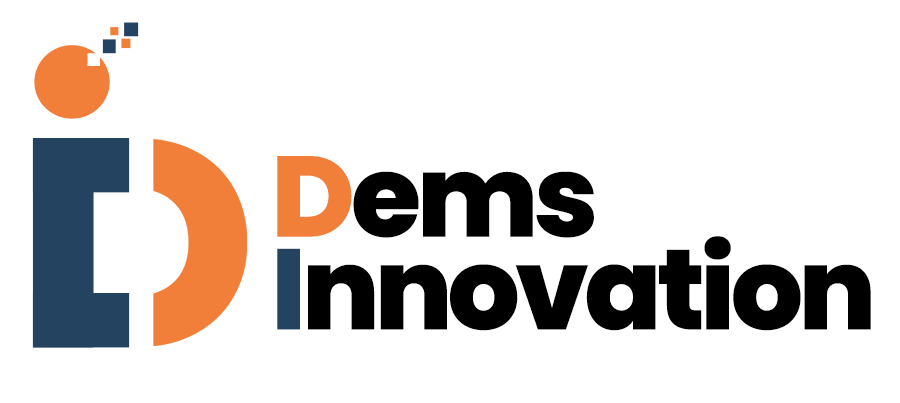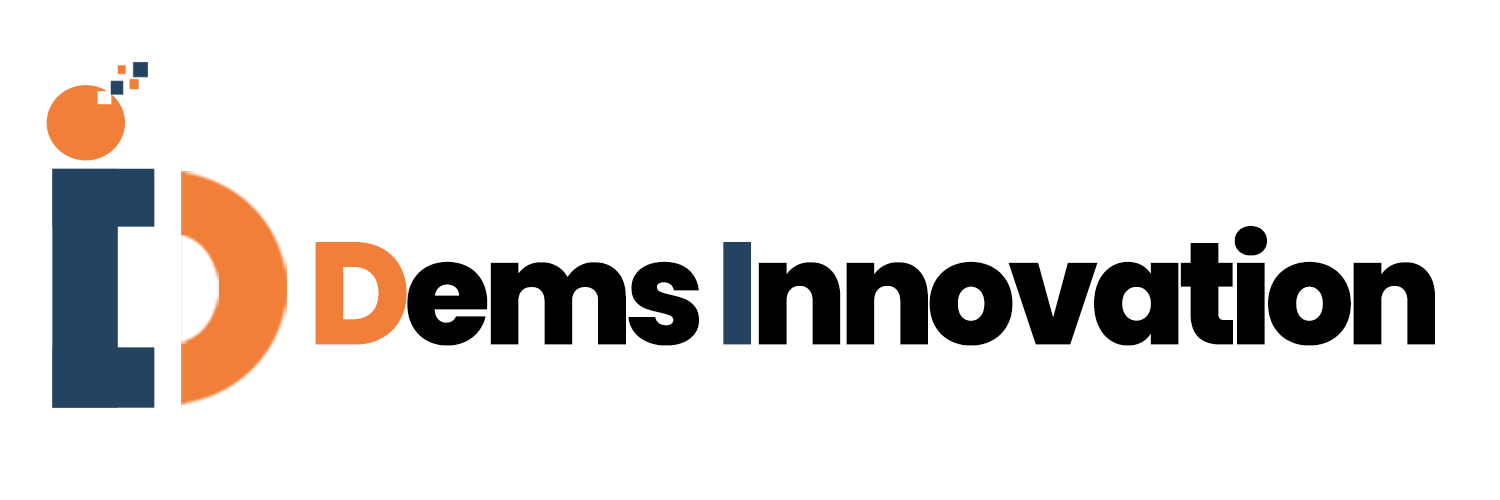DevOps Models Explained
DevOps, short for Development and Operations, is a set of practices and cultural philosophies aimed at enhancing collaboration between software development and IT operations teams. It emphasizes automation, continuous integration, and continuous delivery to streamline software development and deployment processes. To implement DevOps effectively, organizations often adopt specific DevOps models or frameworks. In this article, we’ll delve into some of the most popular DevOps models to help you understand their key principles and benefits.
1. The Three Ways of DevOps
One of the foundational models in DevOps is “The Three Ways,” outlined by Gene Kim, author of “The Phoenix Project.” This model emphasizes three key principles:
- The First Way: Flow – Focuses on the efficient flow of work from development through testing and deployment to operations.
- The Second Way: Feedback – Encourages feedback loops to identify and fix issues early in the development process.
- The Third Way: Continual Learning and Experimentation – Promotes a culture of learning, experimentation, and innovation to drive improvements.
2. CALMS Model
CALMS is an acronym that stands for Culture, Automation, Lean, Measurement, and Sharing. This model places significant emphasis on cultural transformation, automation of repetitive tasks, lean principles to eliminate waste, measurement for continuous improvement, and sharing knowledge across teams.
3. Spotify Model
The Spotify Model is a framework for scaling Agile and DevOps practices within large organizations. It organizes teams into “squads,” “tribes,” “chapters,” and “guilds” to promote cross-functional collaboration, autonomy, and alignment with business goals. This model is known for its flexibility and adaptability.
4. DevOps Toolchain Model
The DevOps Toolchain Model emphasizes the use of various tools to automate and streamline different stages of the software delivery pipeline. It includes tools for source code management, continuous integration, automated testing, containerization, orchestration, and monitoring.
5. SRE (Site Reliability Engineering)
While not a traditional DevOps model, SRE is closely aligned with DevOps principles. SRE focuses on maintaining the reliability and availability of software systems. It combines software engineering and operations to achieve this goal, emphasizing error budgeting, monitoring, and automation.
6. Water-Scrum-Fall
Water-Scrum-Fall is a model that attempts to integrate traditional Waterfall methodologies with Agile (Scrum) and DevOps practices. It recognizes that certain organizations, especially those in highly regulated industries, may need to maintain some Waterfall-like processes while adopting Agile and DevOps where feasible.
Outbound Links for Further Reading:
- The Phoenix Project – Explore the book that introduced “The Three Ways” of DevOps.
- CALMS: A DevOps Framework – Learn more about the CALMS model and its principles.
- Spotify Engineering Culture – Understand how Spotify applies its unique model for scaling Agile and DevOps practices.
- DevOps Toolchain – Discover popular DevOps tools that facilitate automation and collaboration.
- Google’s Site Reliability Engineering – Explore Google’s perspective on site reliability engineering and its intersection with DevOps.
- Water-Scrum-Fall – Read about incorporating Water-Scrum-Fall in Agile and DevOps contexts.
These DevOps models offer various approaches to implementing DevOps practices within organizations. The choice of model depends on an organization’s culture, goals, and specific needs. Successful DevOps adoption often involves customizing and combining elements from different models to create a tailored approach that best suits the organization’s requirements.
demsinnovation twitter page : https://twitter.com/DemsInnovation
Visit https://demsinnovation.com/ to know about DevOps services
Visit blog page for more interesting blog articles https://demsinnovation.com/news-page/
Ever wandered what DevOps is all about visit our blog page to know more

